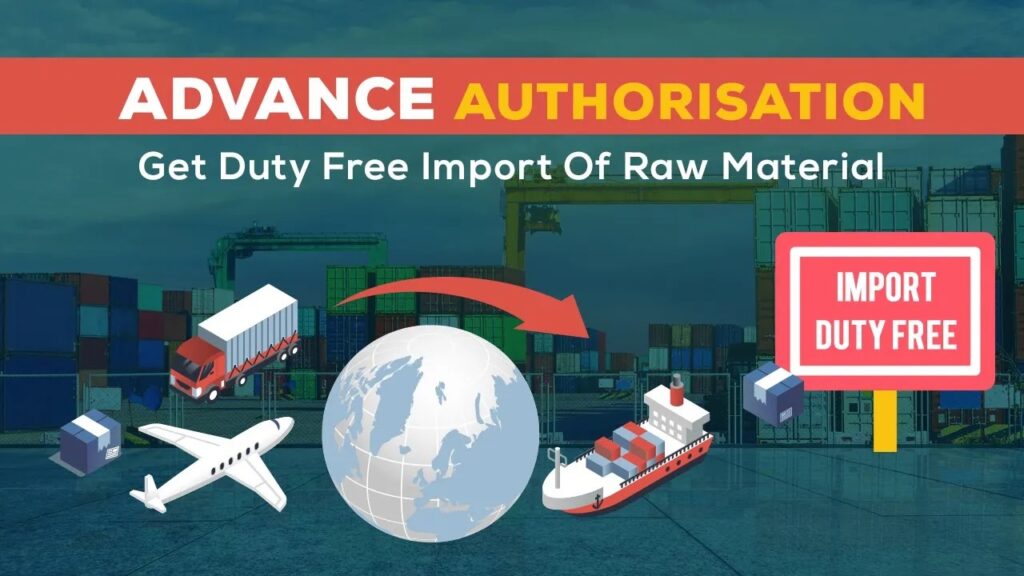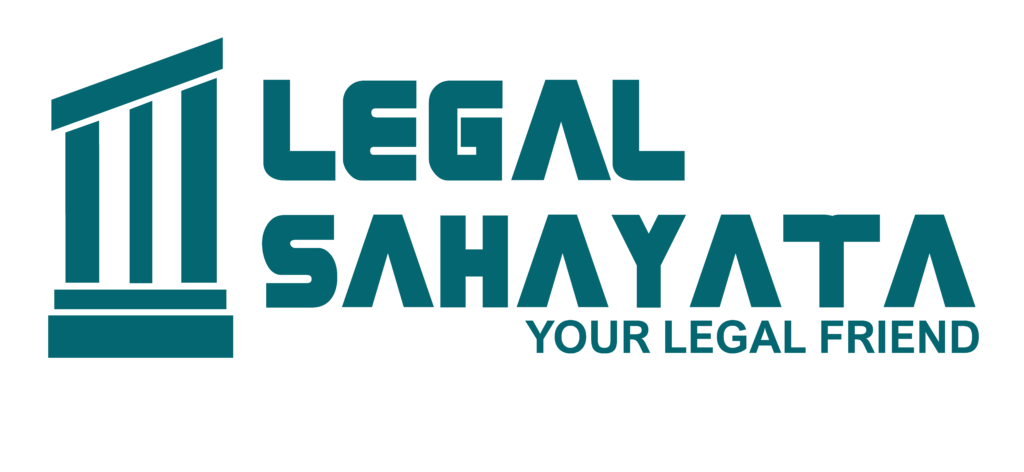Government of India allows a businessman to import raw material or components or parts without paying any Import Duty and or GST. In return, We need to manufacture some final products using those duty free imported raw materials, components, parts etc. Here, You are required to bring 15% more foreign exchange than you used for import at the time of import. It is called minimum value addition. The quantity allowed to be imported is calculated after taking into account normal allowance for wastage for making any product. For example, if you want to export Cricket Bat of 3 kg, you are allowed to import 5 kg of raw wood because some part of wood is wasted in peeling.
Advance Authorisation Scheme allows duty free import of inputs, which are physically incorporated in an export product. In addition to any inputs, packaging material, fuel, oil, catalyst which is consumed / utilized in the process of production of export product, is also be allow

Who can get Advance Autorisation ?
Advance Authorisation can be issued either to a manufacturer exporter or merchant exporter tied tosupporting manufacturer.
Minimum Value Addition :
Minimum value addition required to be achieved under Advance Authorisation is 15%.
VA = A – B/B
A =FOB value of export realized/FOR value of supply received.
B =CIF value of inputs covered by Authorisation, plus value of any other input used on which benefit of DBK is claimed or intended to be claimed.
In case of Tea, minimum value addition shall be 50%.
In case of spices, minimum value addition shall be 25%.
Which Duties are exempted under Advance Autorisation?
Imports under Advance Authorisation are exempted from payment of
- Basic Customs Duty,
- Additional Customs Duty,
- Education Cess,
- Anti- dumping Duty,
- Countervailing Duty,
- Safeguard Duty,
- Transition Product Specific Safeguard Duty, wherever applicable.
- Imports under Advance Authorisation for physical as well as deemed exports are also exempt from whole of the Integrated Tax (IGST) and Compensation Cess.
Actual User Condition for Advance Authorisation
Advance Authorisation and / or material imported under Advance Authorisation shall be subject to ‘Actual User’ condition. The same shall not be transferable even after completion of export obligation. However, Authorisation holder will have option to dispose of product manufactured out of duty free input once export obligation is completed.
Importability / Exportability of items that are
Prohibited/ Restricted / STE
i. No export or import of an item shall be allowed under Advance Authorisation / DFIA if the item is prohibited for exports or imports respectively. Export of a prohibited item may be allowed under Advance
Authorisation provided it is separately so notified, subject to the conditions given therein.
Domestic Sourcing of Inputs
i. Holder of an Advance Authorisation / Duty Free Import Authorisation can procure inputs from indigenous supplier/ State Trading Enterprise/EOU/EHTP/BTP/ STP in lieu of direct import. Such procurement can be against Advance Release Order (ARO), or Invalidation Letter.
ii. When domestic supplier intends to obtain duty free material for inputs through Advance Authorisation for supplying resultant product to another Advance Authorisation / DFIA /EPCG Authorisation, Regional Authority shall issue Invalidation Letter.
iii. Regional Authority shall issue Advance Release Order if the domestic supplier intends to seek refund of duties exempted through Deemed Exports mechanism as per provisions under Chapter-7 of FTP.
iv. Regional Authority may issue Advance Release Order or Invalidation Letter at the time of issue of Authorisation simultaneously or subsequently.
v. Validity of Advance Release Order / Invalidation Letter shall be co- terminous with validity of Authorisation.
Currency for Realisation of Export Proceeds.
Export proceeds shall be realized in freely convertible currency or in Indian Rupees as per para 2.53 of FTP, except otherwise specified. Provisions regarding realisation and non-realisation of export proceeds are given in paragraph 2.52, 2.53 and 2.54 of FTP.
Validity period for import and Revalidation of
Authorisation
Validity period for import of Advance Authorisation shall be 12 months from the date of issue of Authorisation.
Export Obligation (EO) Period and its Extension
Period for fulfilment of export obligation under Advance Authorisation shall be 18 months from the date of issue of Authorisation. Period of EO fulfilment under an Advance Authorisation shall commence from date of issue of Authorisation, unless otherwise specified.
FIRST EXTENSION OF 6 MONTHS : Regional Authority may consider a request of Advance Authorisation holder for one extension of EO period upto six months from the date of expiry of EO period subject to the payment of composition fee.
Authorisation holder will have to submit a self – declaration to RA stating that unutilised imported/domestically procured inputs are available with the applicant.
SECOND EXTENSION OF 6 MONTHS : Request for further extension of six months after first extension above can be considered by Regional Authority, subject to the payment of composition fee.
TOTAL 18 + 6 +6 = 30 MONTHS YOU GET TO EXPORT
No further extension shall be allowed by Regional Authority. However, only two extensions of six months each as mentioned above can be allowed subject to payment of composition fee and under no circumstance Regional Authority shall allow any extension beyond 12 months from date of expiry of EO period. At the time of filing application for second EO extension, the Authorisation holder will have to submit a self – declaration to RA stating that unutilised imported/domestically procured inputs are available with the applicant.
Time Limit for Filing EODC (Export Obligation
Discharge Certificate) i.e. Redemption Application
File EODC Redemption application Within 6
months from expiry of 18/24/30 months.
Within 6 months from the date of expiry of Export Obligation period, Authorisation holder shall file application online by linking details of shipping bills against the authorisation, failing which Regional Authority may initiate action as per FT (DR) Act by way of issuing Show Cause Notice.

